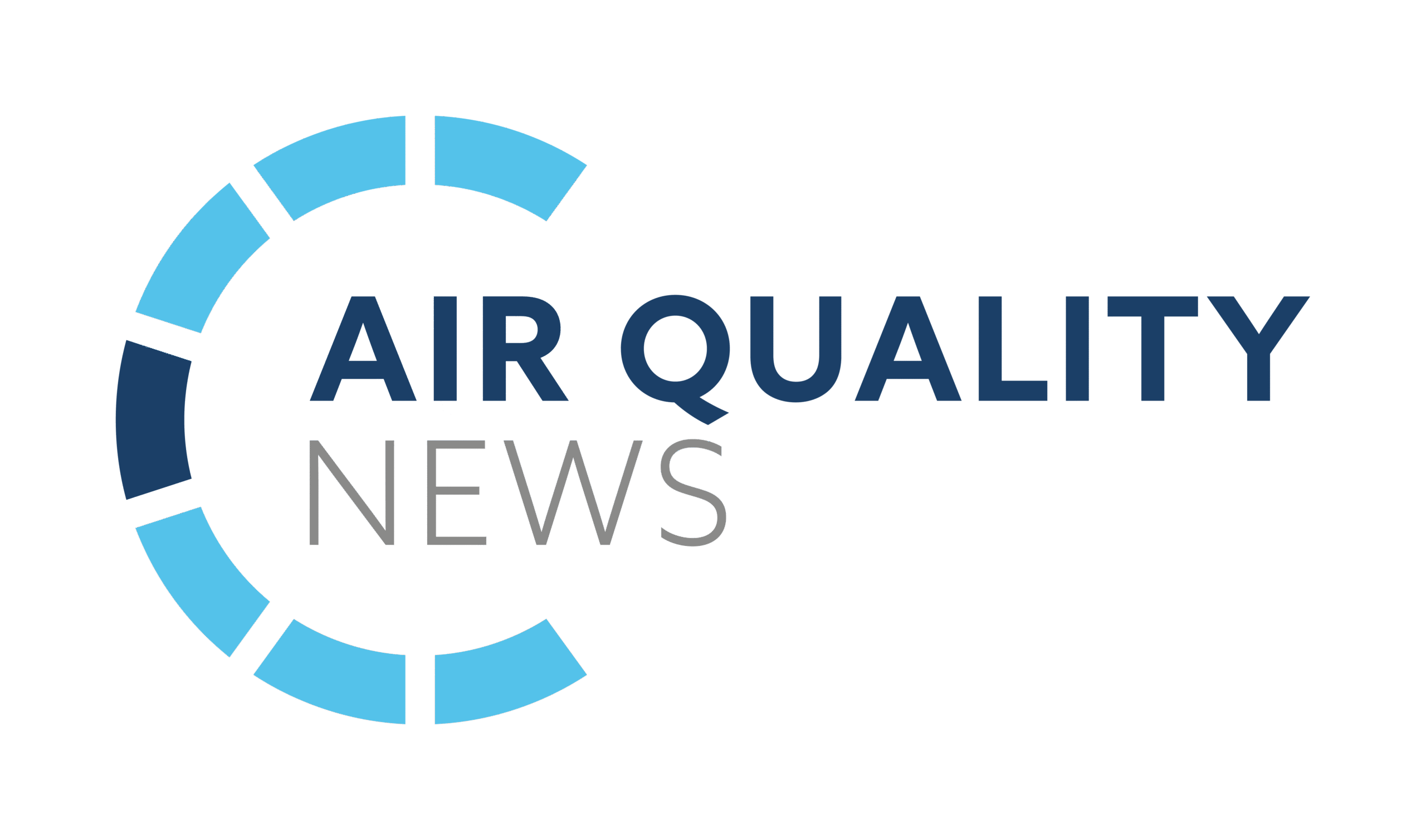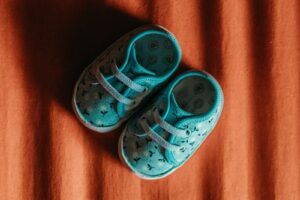Increasing numbers of women escaping domestic abuse are unable to afford essentials while waiting for safe housing, according to a new report.
Findings from a new Women’s Aid report show the impact of the cost-of-living crisis, as 15.4% of women supported by the charity’s No Woman Turned Away project reported not having enough money to pay for essentials such as food for themselves and their children, phone bills, or transportation while waiting for a refuge space. This is an increase of 4% from the previous year.
The No Woman Turned Away project, which since 2016 has provided support for women and children unable to access refuge provision, has been working alongside local services to ensure the most vulnerable survivors have access to the support they need when they need it the most.
Based on the project’s work during 2022, the report highlights the numerous challenges faced by the women most marginalised by society when it comes to accessing help to escape domestic abuse. For the 254 women who engaged and finished being supported by the project during 2022, 40.2% of women came from Black and minority backgrounds, 36.5% had no recourse to public funds and 24.4% had a disability.
The report shows that due to the cost-of-living crisis and the lack of suitable refuges, women who were unable to find a place in a suitable refuge faced greater risks, including homelessness or being forced to remain with the perpetrator.
The findings show that the project continued to provide women with vital support, especially those for whom structural inequalities and a lack of resources within the refuge network posed challenges and dangers.
The report also continues to demonstrate the impact of the Domestic Abuse Act 2021 and the work that remains to be done. While the Act brought about changes to the priority need for accommodation for those affected by homelessness due to domestic abuse and introduced a statutory duty for local authorities to fund domestic abuse support, the findings of this report suggest the support required by survivors is still not in place. Women who are already vulnerable are made more so by the lack of refuge spaces that could accommodate their needs, which leads to many being placed in inadequate accommodation or forced to remain with their abusers.
Women’s Aid said that this demonstrated the need for sufficient and secure funding to meet the support needs of all women, including expert services ‘by and for’ Black and minoritised women and other marginalised groups.
Farah Nazeer, Chief Executive at Women’s Aid, said: ‘This report highlights the vital work that is being done by the project to help the women in our society who are most vulnerable, while also continuing to highlight the ongoing pressures of the cost of living crisis and the pressing need for more funding, especially for specialist organisations led ‘by and for’ minoritised women. It is unthinkable that women could be forced to remain with their abusers, placing their lives in greater danger, because there is no place for them to turn to.
‘We are incredibly grateful for the No Woman Turned Away project and its tireless effort to keep women and children safe. We will continue supporting its work to improve access to refuge spaces, as we work towards our common goal of making domestic abuse completely unacceptable in our society.’
Image: DANNY G















Leave a Reply